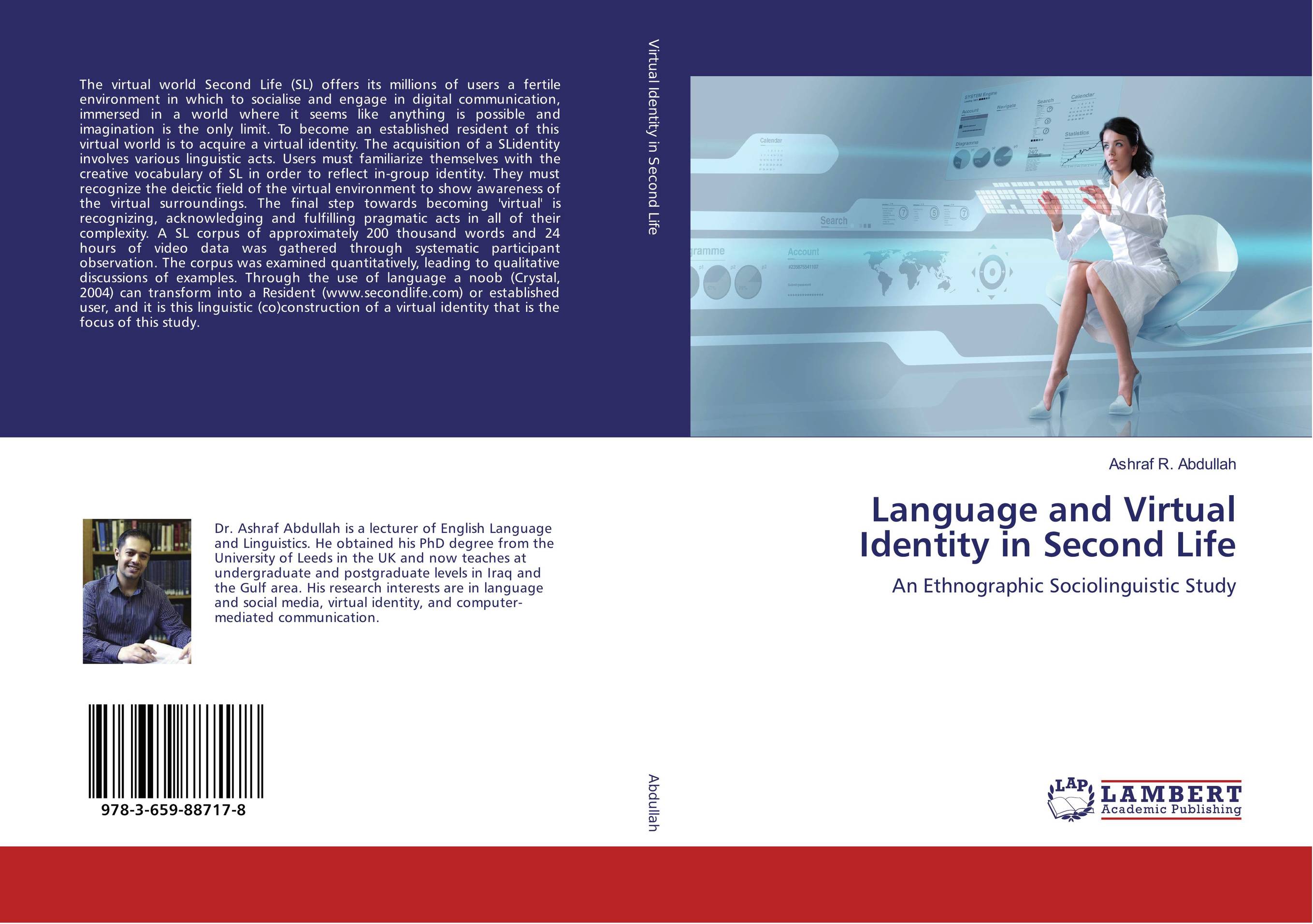| Поиск по каталогу |
|
(строгое соответствие)
|
- Профессиональная
- Научно-популярная
- Художественная
- Публицистика
- Детская
- Искусство
- Хобби, семья, дом
- Спорт
- Путеводители
- Блокноты, тетради, открытки
Language and Virtual Identity in Second Life. An Ethnographic Sociolinguistic Study

В наличии
| Местонахождение: Алматы | Состояние экземпляра: новый |

Бумажная
версия
версия
Автор: Ashraf R. Abdullah
ISBN: 9783659887178
Год издания: 2016
Формат книги: 60×90/16 (145×215 мм)
Количество страниц: 280
Издательство: LAP LAMBERT Academic Publishing
Цена: 47963 тг
Положить в корзину
Позиции в рубрикаторе
Отрасли знаний:Код товара: 160844
| Способы доставки в город Алматы * комплектация (срок до отгрузки) не более 2 рабочих дней |
| Самовывоз из города Алматы (пункты самовывоза партнёра CDEK) |
| Курьерская доставка CDEK из города Москва |
| Доставка Почтой России из города Москва |
Аннотация: The virtual world Second Life (SL) offers its millions of users a fertile environment in which to socialise and engage in digital communication, immersed in a world where it seems like anything is possible and imagination is the only limit. To become an established resident of this virtual world is to acquire a virtual identity. The acquisition of a SLidentity involves various linguistic acts. Users must familiarize themselves with the creative vocabulary of SL in order to reflect in-group identity. They must recognize the deictic field of the virtual environment to show awareness of the virtual surroundings. The final step towards becoming 'virtual' is recognizing, acknowledging and fulfilling pragmatic acts in all of their complexity. A SL corpus of approximately 200 thousand words and 24 hours of video data was gathered through systematic participant observation. The corpus was examined quantitatively, leading to qualitative discussions of examples. Through the use of language a noob (Crystal, 2004) can transform into a Resident (www.secondlife.com) or established user, and it is this linguistic (co)construction of a virtual identity that is the focus of this study.
Ключевые слова: Computer-Mediated Communication, Digital communication, language and identity, linguistics, pragmatics, Second Life, Sociolinguistics, Virtual Ethnography, word-formation, Virtual Identity



